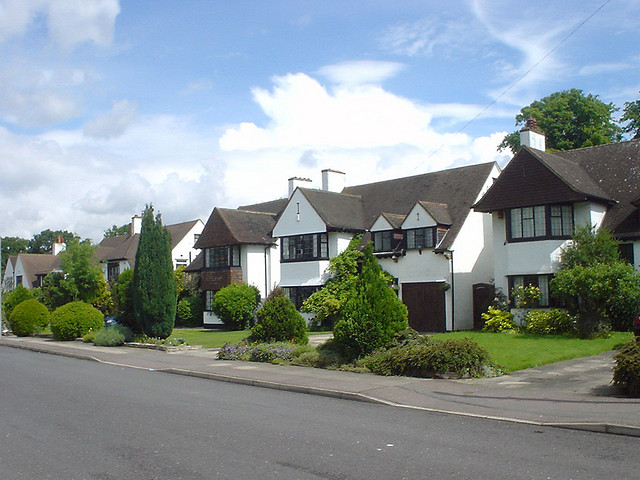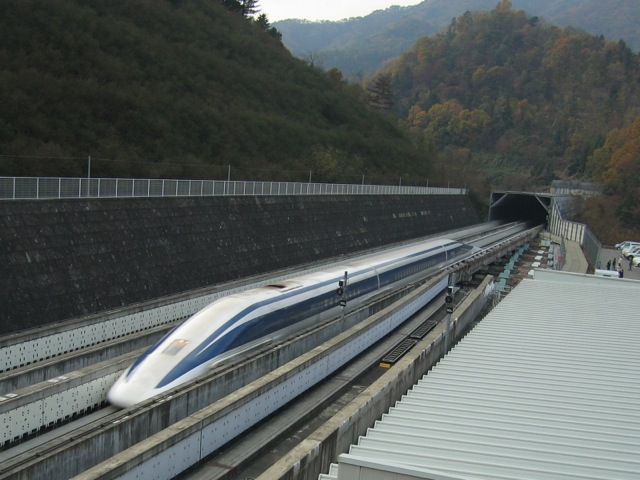The Antiplanner paid $2.99 a gallon for gasoline last week, which–according to my records–is the lowest I’ve paid for three years. The United States is now producing more oil than it imports for the first time since 1995. Not only is the U.S. producing more oil than Saudi Arabia today, it is poised to become the world’s largest oil producer (ahead of Russia, which is currently number one) by 2015.
Despite these dramatic changes, there are some who still want to harp on peak oil. “A new multi-disciplinary study led by the University of Maryland calls for immediate action by government, private and commercial sectors to reduce vulnerability to the imminent threat of global peak oil,” says one news article.
In fact, the study in question doesn’t predict that peak oil will take place soon, only that if it does, it will have serious consequences. But even that conclusion is wrong, as the “multidisciplinary team” would have known if one of the disciplines had been economics.










